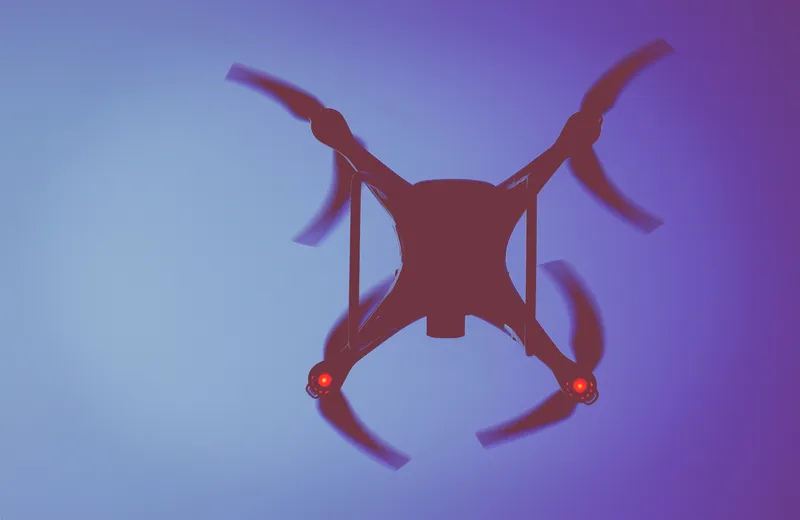US-headquartered ITS specialist TransCore is to design, implement, and maintain a state-of-the-art, radio frequency identification (RFID)-based parking and car/bus terminal access control system for authorised staff personnel of the New Doha International Airport Authority. The company was selected by Amana-Walbridge Joint Venture to install the system that will be operational during the second quarter 2013.
November 19, 2012
Read time: 2 mins
US-headquartered ITS specialist 139 Transcore is to design, implement, and maintain a state-of-the-art, radio frequency identification (RFID)-based parking and car/bus terminal access control system for authorised staff personnel of the New Doha International Airport Authority. The company was selected by Amana-Walbridge Joint Venture to install the system that will be operational during the second quarter 2013.
The first phase of the new Doha International Airport (NDIA) will open in December 2012, replacing the current Doha International Airport, which currently handles 4.2 million passengers a year, with a facility that will be able to accommodate 24 million passengers a year. When the project is complete in 2015, the airport capacity can support 50 million passengers, two million tons of cargo and 320,000 aircraft landings and take-offs each year. NDIA will also be the central maintenance hub for Qatar Airways' international fleet.
Karim Rizkallah, TransCore’s managing director for the Middle East, commented, “The New Doha International Airport will be one of Qatar’s showcase intelligent transportation systems (ITS) that provides a secure facility that operates at peak logistical capacity with optimised traffic flow in the authorised staff facility.”
The TransCore team is providing a spectrum of advanced technologies and systems including low-cost automatic vehicle identification (AVI) tags and high performance, open road reader hardware, battery-free tags and hand-held readers; a complete parking management system with a centralised data management service, gate barriers, loop detectors, automatic number plate recognition (ANPR) cameras, and entry stations with proximity card readers; wireless-based taxi/car management software and a bus dispatch and location system.
The system will also include CCTV cameras for real-time surveillance and security enforcement and other advanced system capabilities such as real-time alerts, automated car park control; a bus priority system and ramp-metering traffic management for the bus terminal.
The first phase of the new Doha International Airport (NDIA) will open in December 2012, replacing the current Doha International Airport, which currently handles 4.2 million passengers a year, with a facility that will be able to accommodate 24 million passengers a year. When the project is complete in 2015, the airport capacity can support 50 million passengers, two million tons of cargo and 320,000 aircraft landings and take-offs each year. NDIA will also be the central maintenance hub for Qatar Airways' international fleet.
Karim Rizkallah, TransCore’s managing director for the Middle East, commented, “The New Doha International Airport will be one of Qatar’s showcase intelligent transportation systems (ITS) that provides a secure facility that operates at peak logistical capacity with optimised traffic flow in the authorised staff facility.”
The TransCore team is providing a spectrum of advanced technologies and systems including low-cost automatic vehicle identification (AVI) tags and high performance, open road reader hardware, battery-free tags and hand-held readers; a complete parking management system with a centralised data management service, gate barriers, loop detectors, automatic number plate recognition (ANPR) cameras, and entry stations with proximity card readers; wireless-based taxi/car management software and a bus dispatch and location system.
The system will also include CCTV cameras for real-time surveillance and security enforcement and other advanced system capabilities such as real-time alerts, automated car park control; a bus priority system and ramp-metering traffic management for the bus terminal.









